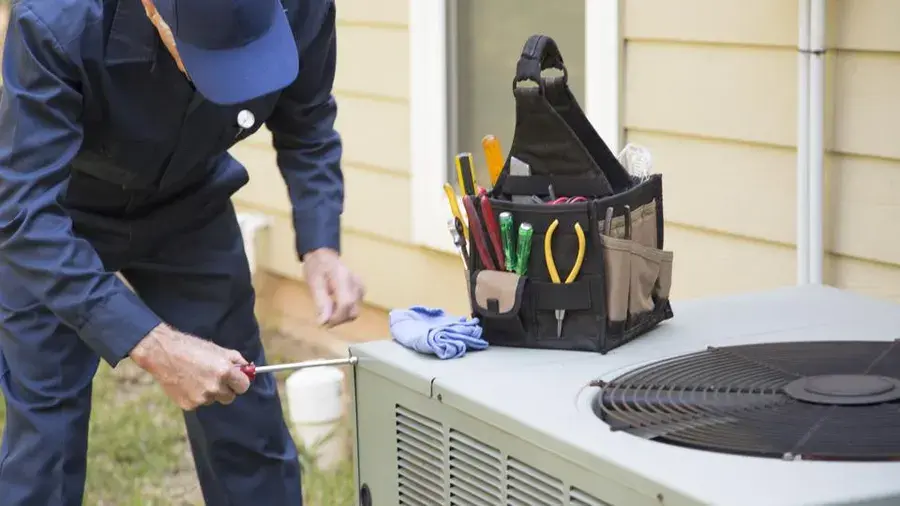Signs It's Time for a New HVAC System: When to Know Your HVAC Needs Replacement
- Jean Swafford
- Feb 16, 2024
- 3 min read
Your HVAC (Heating, Ventilation, and Air Conditioning) system is the unsung hero of your home, keeping you comfortable year-round. However, like all appliances, it has a finite lifespan. Knowing when it's time to bid farewell to your old HVAC system and invest in a new one is crucial for maintaining comfort, efficiency, and cost-effectiveness. So, how do you know when your HVAC system needs to be replaced? Let's explore the signs.

1. Age of the System:
Age is often the most significant factor in determining whether your HVAC system needs replacement. Most systems have a lifespan of 10-15 years for air conditioners and 15-20 years for furnaces. If your system is approaching or exceeding these age ranges, it's likely time to start considering a replacement, even if it's still functioning.
2. Frequent Repairs:
Are you finding yourself calling the HVAC technician more often than not? While occasional repairs are normal, frequent breakdowns and repairs can indicate that your system is nearing the end of its lifespan. Continuously investing in repairs for an aging system may end up costing you more in the long run than investing in a new, more reliable system.
3. Rising Energy Bills:
Have you noticed a steady increase in your energy bills despite maintaining your usual energy usage habits? Older HVAC systems tend to become less efficient over time, leading to increased energy consumption. If your energy bills are on the rise and your system is aging, it may be more cost-effective to replace it with a newer, more energy-efficient model.
4. Uneven Heating or Cooling:
Are certain rooms in your home consistently warmer or cooler than others? Uneven heating or cooling can be a sign of an HVAC system struggling to distribute air evenly throughout your home. This could be due to issues with ductwork, improper sizing of the system, or simply wear and tear on aging components.
5. Excessive Noise:
While some noise is normal during HVAC operation, excessive or unusual noises, such as banging, rattling, or squealing, could indicate underlying issues with the system. These noises may be a sign of worn-out components or mechanical problems that warrant further inspection by a professional. In some cases, the cost of repairing these issues may outweigh the cost of replacing the entire system.
6. Poor Indoor Air Quality:
Your HVAC system plays a crucial role in maintaining indoor air quality by filtering out pollutants and circulating fresh air throughout your home. If you've noticed an increase in dust, allergens, or humidity levels indoors, it could indicate that your HVAC system is no longer effectively filtering and circulating air. Upgrading to a new system with advanced filtration features can greatly improve indoor air quality and your overall comfort.
Conclusion:
Your HVAC system is a vital component of your home, providing comfort and climate control year-round. Knowing when it's time to replace your HVAC system is essential for maintaining efficiency, comfort, and indoor air quality. By paying attention to signs such as age, frequent repairs, rising energy bills, uneven heating or cooling, excessive noise, and poor indoor air quality, you can make an informed decision about when to invest in a new, more reliable system. While the upfront cost of replacement may seem daunting, the long-term benefits in terms of energy savings, comfort, and peace of mind make it a worthwhile investment in your home's future.


Comments